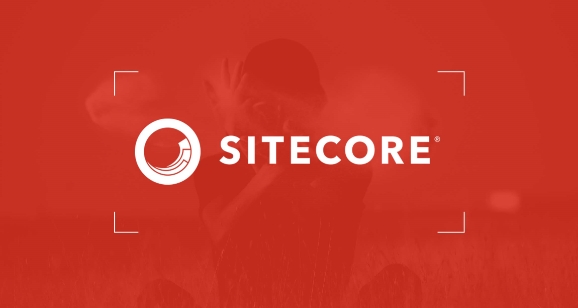Implementing China specific instance of Sitecore (Part 1 of 3)
To implement Sitecore in China can be a daunting challenge . Clients as well as their technical teams and partners will need to have extensive knowledge of how Sitecore works and a good understanding of China’s internet operating environment. The good news is that the installation of Sitecore is relatively straightforward. The not so good news is that things can start to become rapidly more complicated from that point as you configure Sitecore for best performance optimization within China’s internet environment.
It is best that you start your Sitecore journey with a detailed plan, and I would suggest it to be broken down into three major sections:
- China’s specific requirements’ preparation
- System architecture planning
- Risk mitigation activities
Part 1. China’s specific requirements’ preparation
The following is a useful checklist to help break down all the important considerations of this part of the planning process.
- ICP license
- Server hosting
- Services blocked in China
- Content migration
1. ICP license
What is an ICP license and why do you need it?
An ICP (Internet Content Provider) license is a permit issued by the Ministry of Industry and Information Technology (MIIT) of China that allows websites to operate in China. All websites delivering content from servers in Mainland China are legally required to have an ICP license. Thus, in order to deliver content in Mainland China using a China Content Delivery Network (CDN), you will need an ICP license. The ICP license numbers for Chinese websites can often be found on the bottom of the front webpage.
The ICP numbers typically look like this example:京ICP证123456号 or 京ICP备12345678号
2. Hosting
In China, we have three main Cloud hosting platforms:
i) Alibaba Cloud
ii) AWS Cloud
iii) Azure Cloud.
Although AWS has the best market share worldwide, you should take into consideration that Sitecore is built on a .Net framework and it owned by Microsoft, therefore, my preferred choice for a Cloud Hosting Platform is Azure Cloud.
3. Services blocked in China
Most people know there is Great Firewall of China that blocks many websites like Facebook, YouTube and Google. This in turn creates the following limitations that you should be aware of:
- 3rd party login and sharing capability via Facebook.
- Video streaming using YouTube on your website
- captcha, tracking, google-api and google-fonts using Google.
Hence from the get-go, you will need to find a local China alternate solution like:
- WeChat,
- Youku and
- Baidu Tongji.
4. Content migration
In China, given the use of Baidu as a search engine instead of Google (blocked by China Great Firewall), content migration is not just a simple activity of having your primary content translated into Chinese. You will need to consider Baidu’s search engine logic which has a critical impact on SEO/SEM and thus becomes a core consideration for content migration.
Next Step? Review your System architecture, considering feature in Sitecore to be implement. This will be covered in Part 2 of this article.
#brayleinosplashchina #brayleinosplashatwork #sitecore #sitecorechina #sitecorecms

